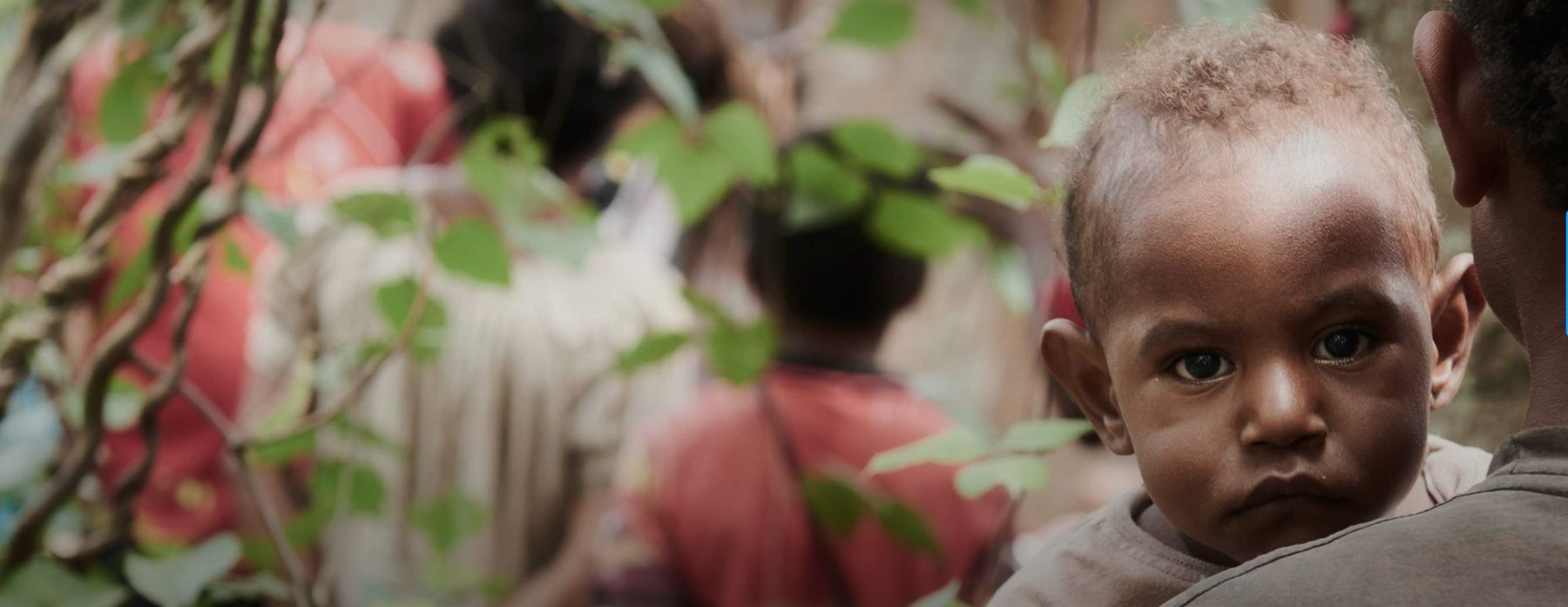When Josephine was pregnant with her second child, she found out her husband had married another wife.
Polygamy was common in his culture, but Josephine knew it would be a difficult life for her children. Over the next six months, her husband turned violent and abused her and her two young children.
“He found it difficult to address whatever issue he was facing and so he would take it out on my children,” Josephine, UNICEF PNG’s Child Protection Officer, says.
Growing up, Josephine’s mother was an advocate for female empowerment and was a particularly strong voice against polygamy in Papua New Guinea.
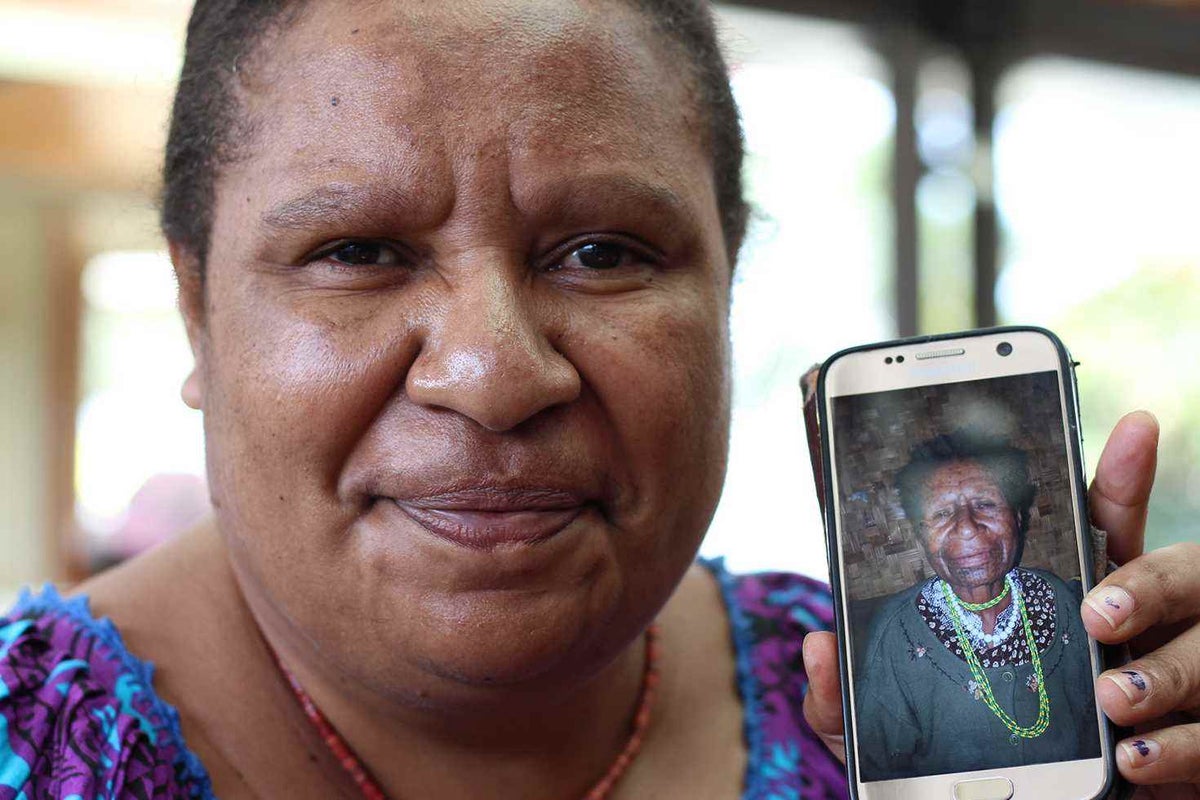
Although PNG has given some attention to the issue of domestic violence, abuse is still common in households across the country.
When Josephine left her husband, she left everything but her children behind.
“I had to let go of all of that, including our business, and I did not take anything with me,” she says.
Soon after, Josephine became overwhelmed with the stress of being a single mum without a job, and she started to take out her frustration on her son.
“I was hitting my son, and even today, he remembers that and reminds me of it.”

It wasn’t until Josephine went to Cambodia for a training session on banning corporal punishment in homes and schools that she realised what she was doing was wrong and would have negative effects on her children.
“My daughter was two going on to three and my son was five and I realised I had an opportunity to fix what I was doing at home,” she says.
“My son was the top of his class and that really motivated me to be a better parent.”
She returned home to PNG and immediately began to change her behaviour. She started listening to her children’s needs and spending quality time reading and playing with them.
“From then on, we would play in the house and roll around. Culturally, girls weren’t allowed to climb things but I would let my daughter climb around the house. Our home became like a playground and their behaviour started to change.”
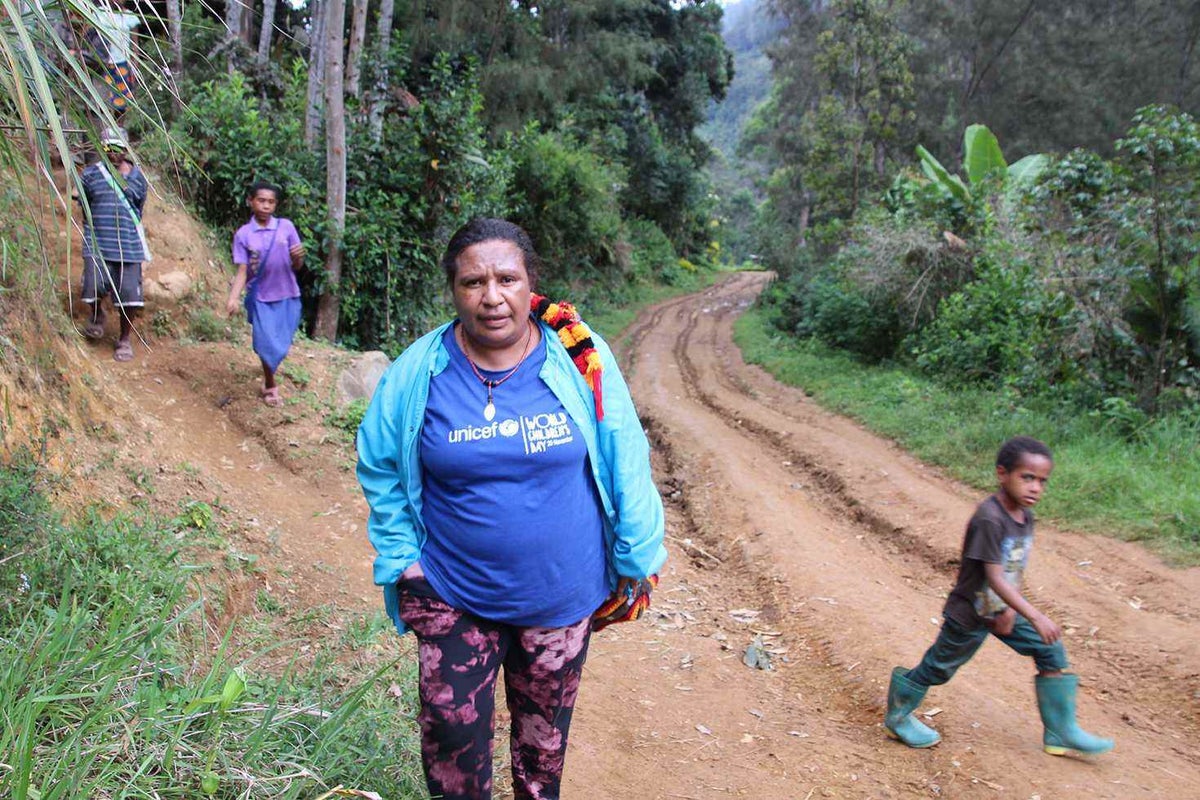
“When people see my kids today, they don’t see that they have been brought up by a single mum, they see them as very positive, independent, robust children and I think that is thanks to the parenting program.
"After my experience, I wanted to make sure that all children had that."
When she joined UNICEF PNG as a Child Protection Officer in 2013, Josephine pushed for a parenting program as part of the organisation’s end violence campaign.
The program - which now runs in five provinces across PNG including the Western Highlands, Chimbu, Jiwaka, Mandang and Morobe - teaches parents how to use positive techniques to communicate with children, rather than using physical and verbal abuse which is common in parts of PNG.
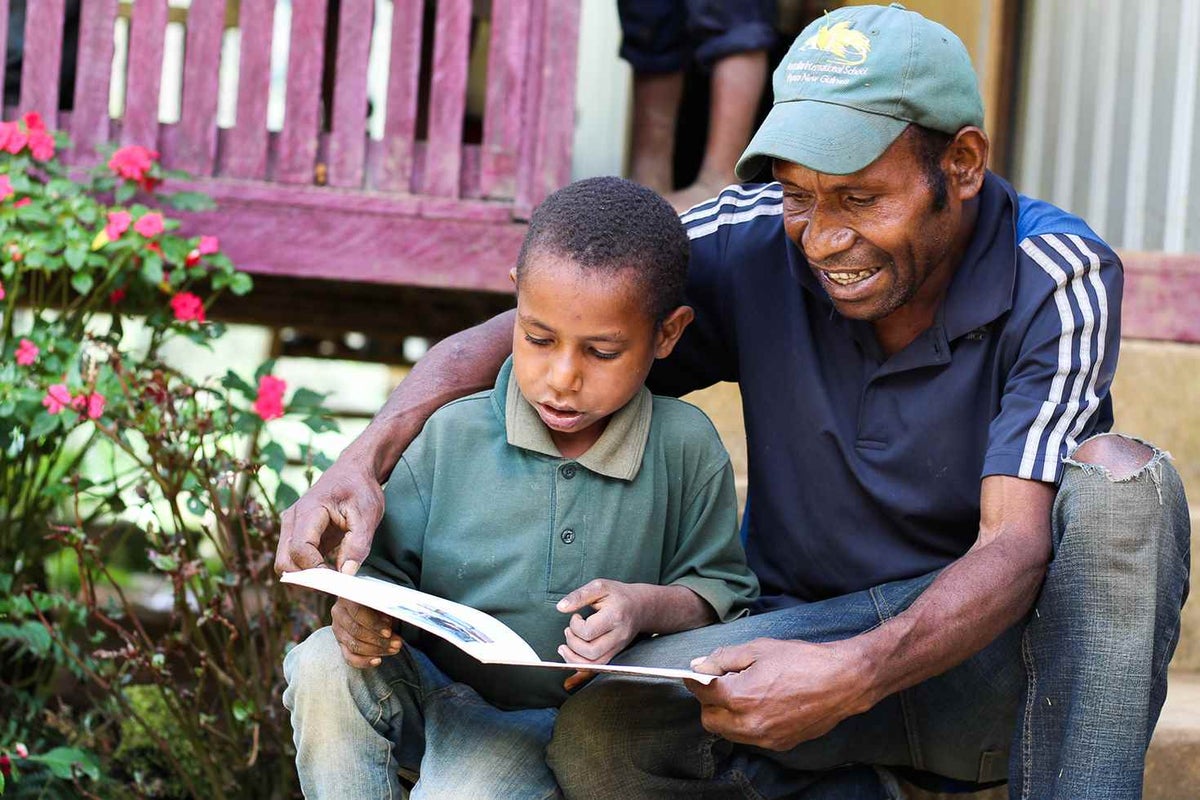
The program is focused on reducing domestic violence in homes and helping to ensure children have the right environment and support to learn and grow.
For Rebecca, a mother of two living in the mountainous region of Goglme, Chimbu, the program has taught her the importance of spending time with her children, despite her long hours as a nurse in the local hospital.
“Before the positive parenting program, I would take the work pressure out on my children. I would shout at them because I was so overloaded,” Rebecca, 32, says.
“But after the program, I found out that I had to make time for my kids to help them grow and learn better.
“Now, I find the time. When I am free, I make sure I play with them, I teach them and I do what’s right.”
Rebecca’s story of change is not uncommon to families who attended the program in the province of Chimbu.
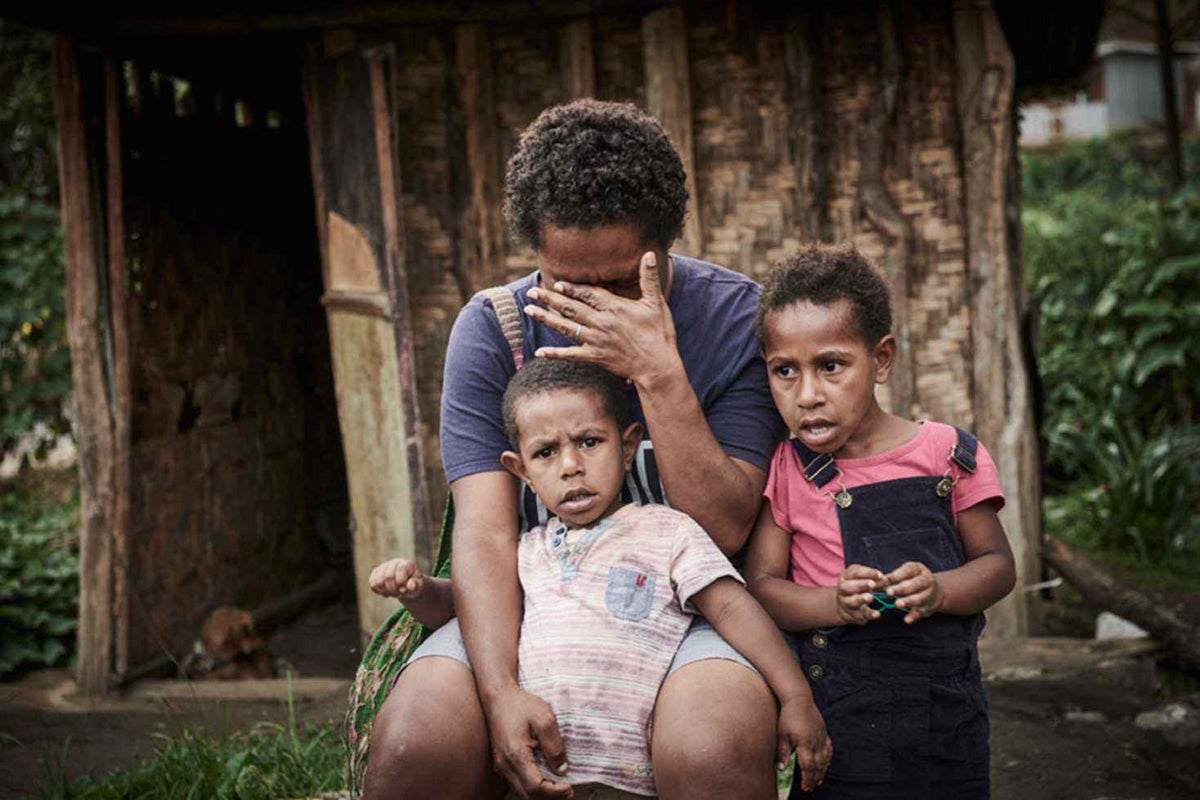
“All the parents we have spoken to seem to appreciate what they have learnt and have told us that they wish the training came earlier,” Josephine says.
“It is really emotional to see that the parents are able to change their behaviour.”
While Josephine’s son remembers being hit as a child, he appreciates how much his mother’s behaviour has changed and the incredible work Josephine is doing to ensure other children are safe and well-looked after in their homes.
“After hearing the impact, the program was having on children in the villages he gave me a hug and said ‘mum I am so proud of you’.
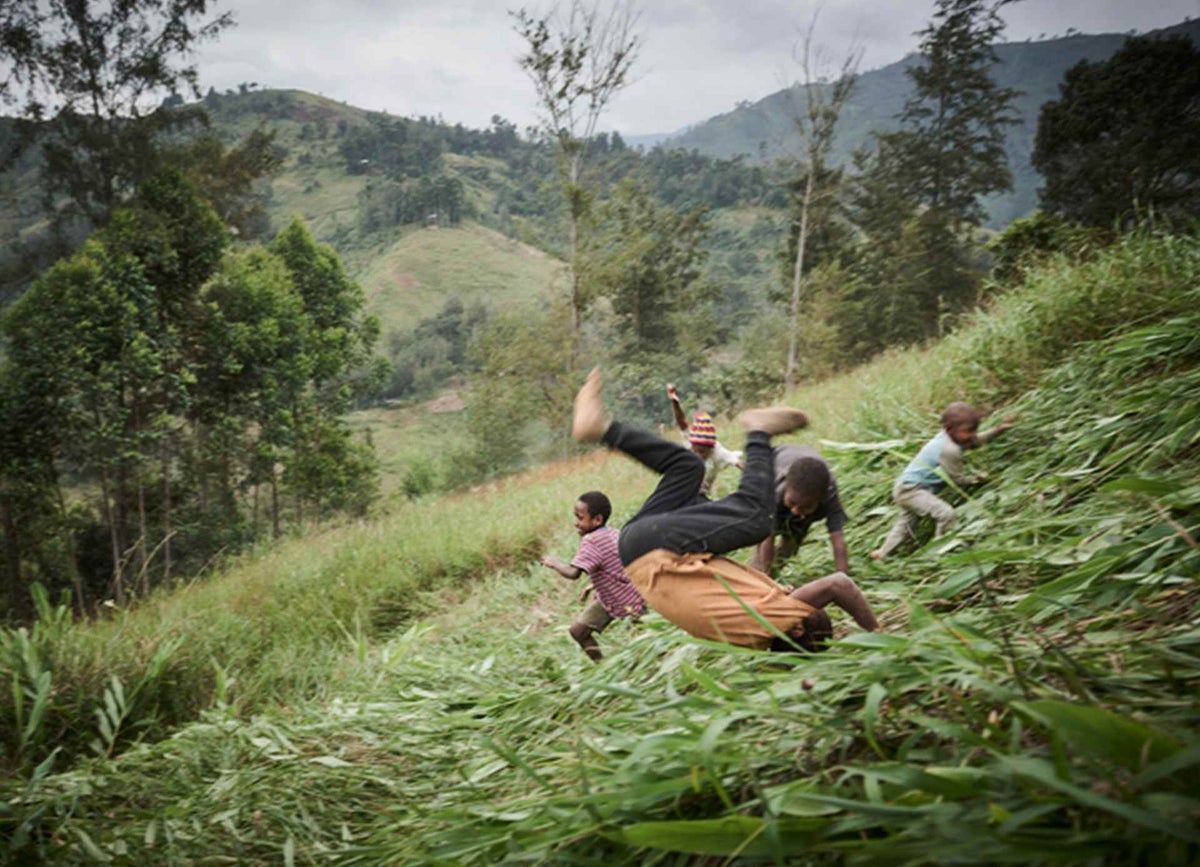
Related articles
Stay up-to-date on UNICEF's work in Australia and around the world



